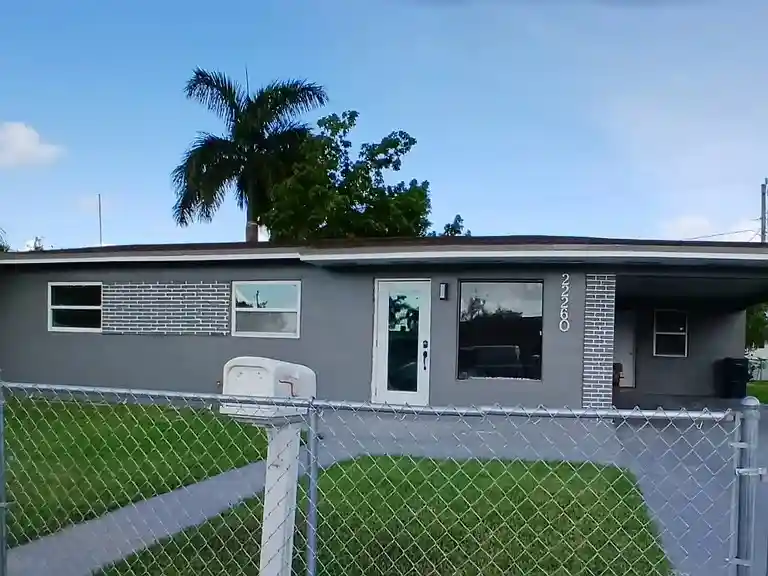If you’ve ever come outside to find your car suddenly gone, you know how frustrating it is. But towing from private property is legal in many cases—if done correctly. Whether you’re a property owner dealing with unauthorized vehicles or a driver who’s been towed, understanding your rights is essential.
This guide explains the rules around towing from private property, the steps owners must take, and how drivers can respond if their vehicle is removed.
—
When Is Towing from Private Property Allowed?
Towing a vehicle from private property is typically allowed when:
- A vehicle is parked without permission on residential, commercial, or industrial property.
- A driver blocks access to driveways, garages, dumpsters, or fire lanes.
- The vehicle is considered abandoned or inoperable.
However, property owners can’t just call a tow truck and remove a car at will. There are regulations in place to protect drivers and ensure due process.
🛈 Related Read: “Can You Drink and Drive on Private Property?” — Learn what laws still apply behind closed gates.
—
Private Property Towing Laws: Know Your State Rules
Towing laws vary by state and sometimes by city. For example:
- In California, private property owners must post a visible sign with towing details.
- In Texas, a written agreement is required with a licensed towing company.
- In Florida, law enforcement must be notified within 30 minutes of the tow.
These laws are designed to prevent abusive towing practices and protect both the vehicle owner and property owner.
—
What Property Owners Must Do Before Towing
Before calling a tow company, property owners usually must:
- Post clear signage at all entry points stating that unauthorized vehicles will be towed.
- Include the towing company’s name and phone number on the sign.
- Follow notice requirements, which may include giving the driver 24–72 hours to move the vehicle (depending on the situation and state law).
- Ensure the towing company is licensed and meets local regulations.
Failing to meet these requirements could result in fines—or the vehicle owner suing for illegal towing.
🛈 Tip for Owners: Always document the situation before towing. Photos, time stamps, and a detailed log will protect you if the tow is challenged.
—
What to Do If Your Car Was Towed from Private Property
If your car was towed, don’t panic. Follow these steps:
- Look for towing signs or posted notices in the area.
- Call the number on the sign (if available) or contact local police to find out which company towed your car.
- Get details: location, cost, hours of operation, and required documents for pickup.
- Take photos of where your car was parked in case you need to dispute the tow.
- Pay the fee and request a receipt and itemized breakdown of charges.
If the tow was unlawful (i.e., no signage, no notice, or damaged vehicle), you may be entitled to reimbursement or compensation.
🛈 Learn More: “Property Line Dispute: Who Pays for Survey” — because knowing your property boundaries is key to avoiding conflict.
—
How Much Does Private Property Towing Cost?
Towing fees can vary depending on location, but most include:
- Base tow fee: $100–$250
- Storage fee: $20–$60 per day
- After-hours or weekend release fee
In many states, these rates are capped or regulated by local laws. Always ask for a breakdown of the charges and request documentation.
—
Can I Dispute an Improper Tow?
Yes. If you believe your vehicle was towed illegally, you may be able to:
- Request a hearing through local law enforcement or municipal court
- File a complaint with your state’s towing regulatory agency
- Sue the property owner or towing company in small claims court
Documentation, photos, and witness statements will help support your case.
—
Common Scenarios Involving Towing from Private Property
Let’s look at a few everyday examples:
🔸 Apartment Complexes
Management can tow cars parked in fire lanes or reserved spots, but they must have signage and often must issue a warning first.
🔸 Shopping Center Parking
Vehicles parked after hours without shopping may be towed, but signage must be clearly posted.
🔸 Neighbor Disputes
You generally can’t tow someone’s car from a shared or public space, even if it’s in front of your house—unless it’s actually on your private property.
—
Frequently Asked Questions
🟢 Is it legal to tow a car from my driveway?
Yes, if the car doesn’t belong to a resident or guest and is parked without permission—and if you’ve met signage or notice requirements in your state.
🟢 Can a business tow my car for parking too long?
Yes, especially in places with time-restricted parking. However, there must be a sign warning of the towing policy.
🟢 What if my car was damaged during towing?
You may be able to file a claim against the towing company for any proven damage caused by negligence.
—
Final Thoughts: Towing from Private Property
Whether you’re a property owner or a vehicle owner, the rules around towing from private property matter. Understanding your rights—and the legal responsibilities of towing companies—can help avoid costly mistakes, legal disputes, and unnecessary frustration.
For more insights into property law, real estate, and private ownership rights, check out:
- “How Far from Property Line Can I Build a Shed”
- “Can You Transfer Property With a Lien”
- “Burying a Family Member on Your Property”
